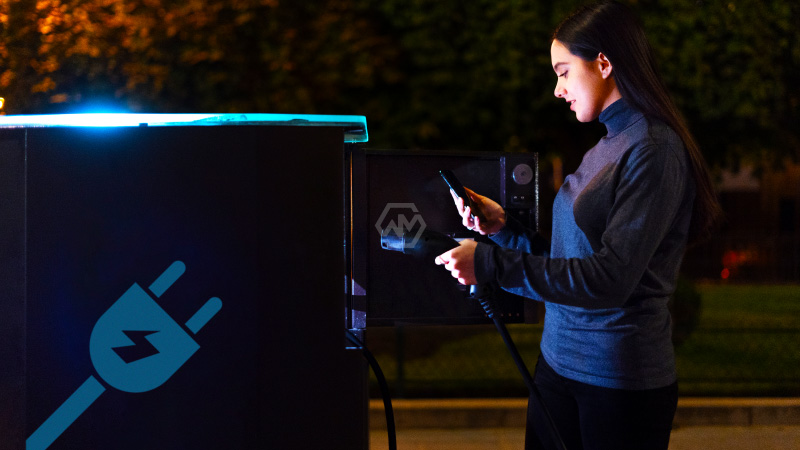- By 2030, the EV industry will generate 1 crore direct jobs and 5 crore indirect jobs.
- the FAME plan aims to expand the electric mobility ecosystem and increase the uptake of electric vehicles.
- The government must promote EV technology-focused vocational training facilities and skill development efforts with incentives.
The Ministry of Skill Development and Entrepreneurship projects that by 2030, the EV industry will generate 1 crore direct jobs and 5 crore indirect jobs. Companies need to close the skills gap, implement plans that combine apprenticeships and vocational education, and place a strong emphasis on reskilling and upskilling to spur growth.
Launched in 2015, the FAME plan aims to expand the electric mobility ecosystem and increase the uptake of electric vehicles.
EV courses
The specific skill set needed for building, maintaining, and troubleshooting EV charging stations is in short supply, and this has resulted in a substantial skill gap in the workforce.
Because of the continuous evolution of requirements and ongoing technological advancements, traditional educational institutions are having difficulty meeting the talent requirements of industries such as electric automobiles.
To fulfill changing business demands, educational institutions must alter their curricula to include EV-specific courses covering battery technology, charging infrastructure, and mechatronics. Upskilling and reskilling programs are necessary for today’s automotive personnel to stay relevant in the evolving labor market and familiarize themselves with electric vehicle technology.
Manufacturers of electric vehicles and academic institutions must work together to ensure that training programs reflect current industry practices and technical breakthroughs.
The government must promote EV technology-focused vocational training facilities and skill development efforts with incentives. To facilitate the shift from traditional automotive manufacturing to electric vehicle production, the private sector must undertake measures, such as internal training programs, to develop a workforce skilled in EV-related capabilities.
By encouraging government-industry partnerships, adopting China’s emphasis on specialized higher education programs for EVs, or imitating Germany’s dual vocational system, companies can upskill and reskill their workforce.
India may guarantee that its labor force stays competitive and that the manufacturing industry can prosper in the age of electric vehicles by establishing a balanced ecosystem that makes use of the country’s labor force while incorporating capital-intensive technology.



